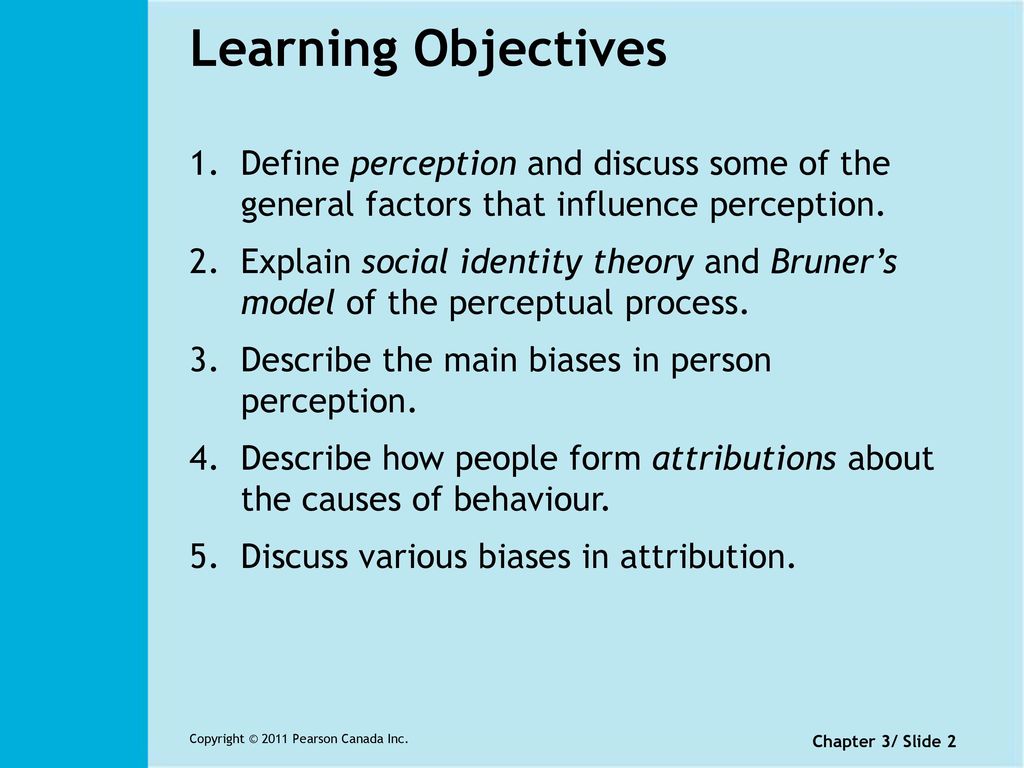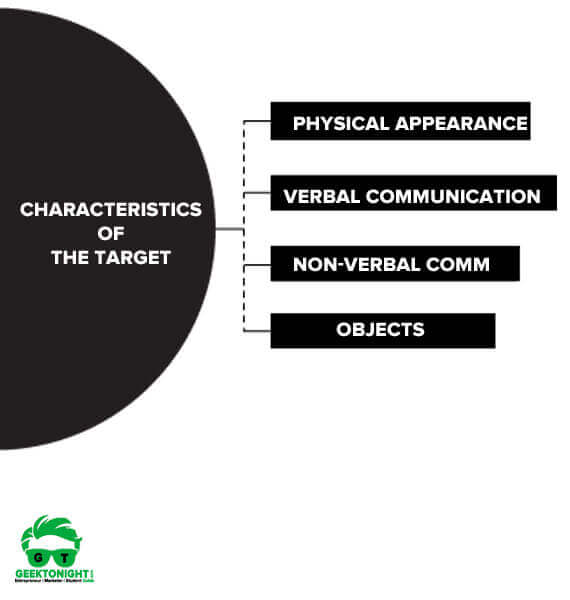Perception is the process by which we interpret and make sense of the stimuli that we receive through our senses. It is a complex process that involves many different factors, and understanding these factors can help us better understand how we perceive the world around us.
One of the most important factors influencing perception is the individual's past experiences and knowledge. Our brains are constantly trying to make sense of the information that we receive, and they do so by drawing on our past experiences and knowledge to create patterns and connections. For example, if you have never seen a zebra before, you might not be able to accurately perceive it as a unique animal; instead, you might perceive it as a horse with black and white stripes. On the other hand, if you have had previous experiences with zebras, you will be able to accurately perceive and recognize them as a distinct species.
Another factor influencing perception is the individual's motivation and attention. Our brains are constantly bombarded with a vast amount of information, and we cannot possibly pay attention to everything. Therefore, we are more likely to perceive and remember information that is relevant to our current goals or needs. For example, if you are hungry and looking for a place to eat, you are more likely to notice and remember the location of restaurants than if you were not hungry.
The context in which stimuli are presented also plays a role in perception. The way that information is presented can affect how we perceive it. For example, if a piece of information is presented in a positive or negative context, we are more likely to perceive it as positive or negative, respectively. Similarly, if information is presented alongside other information that is similar or related, we are more likely to perceive it as being related to the other information.
Physical characteristics of the stimuli themselves can also influence perception. The size, brightness, and contrast of an object can all affect how we perceive it. For example, an object that is larger or brighter may be more noticeable and easier to perceive than an object that is smaller or less bright.
Finally, the individual's emotional state can also influence perception. Our emotions can affect the way that we perceive and interpret information. For example, if we are feeling happy, we may be more likely to perceive information in a positive light, while if we are feeling sad, we may be more likely to perceive information negatively.
In conclusion, perception is a complex process that is influenced by a variety of factors, including an individual's past experiences and knowledge, motivation and attention, the context in which stimuli are presented, the physical characteristics of the stimuli themselves, and the individual's emotional state. Understanding these factors can help us better understand how we perceive the world around us and how we interpret and make sense of the information that we receive.








